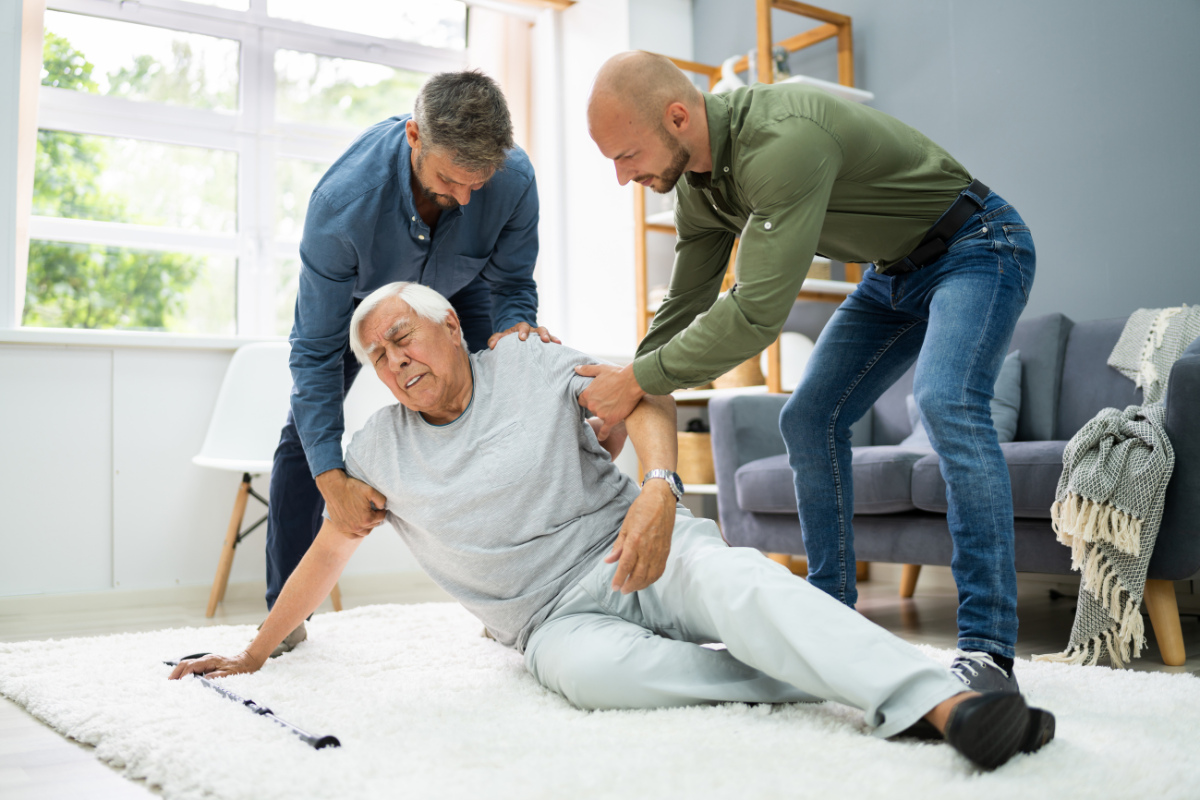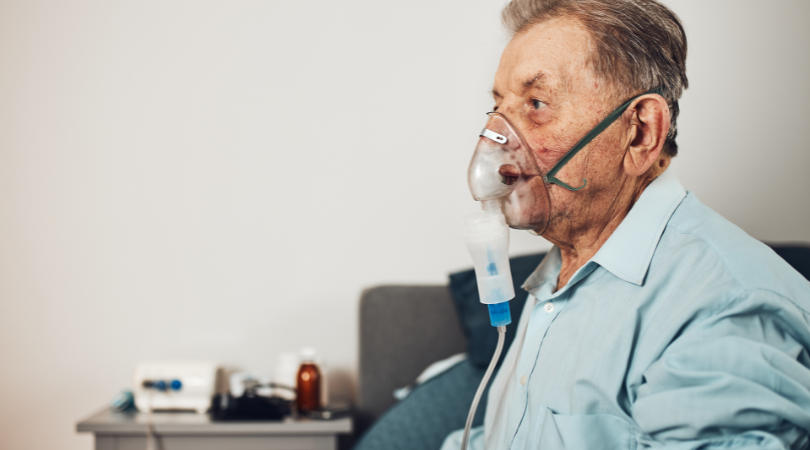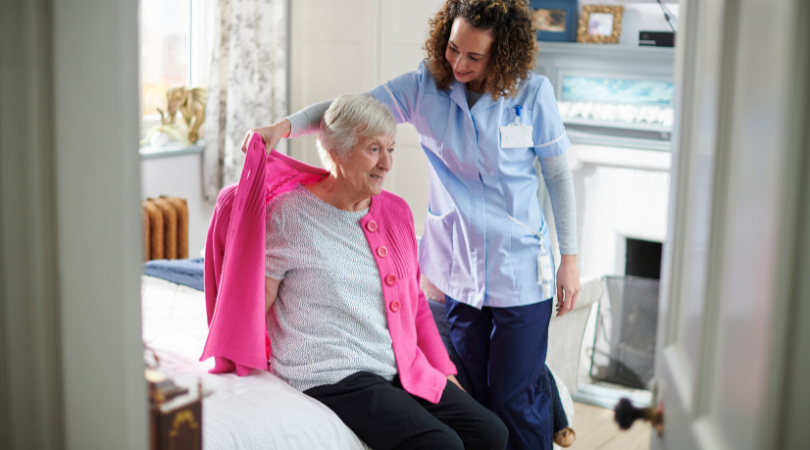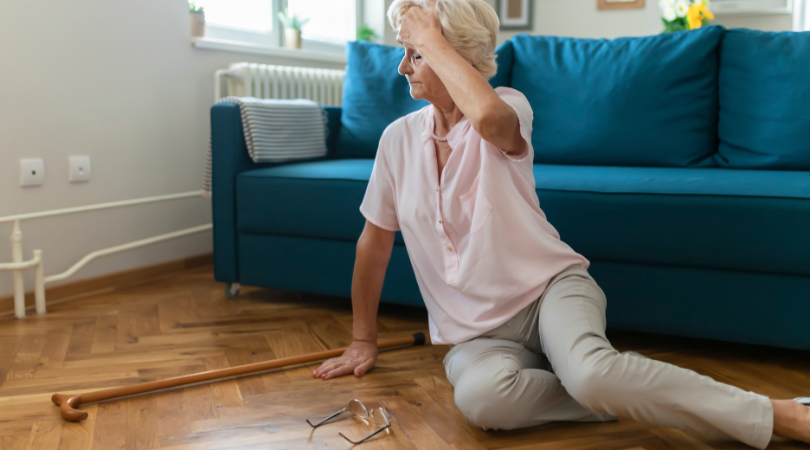Signs Your Loved One May Need More Care

Caring for a loved one who is aging or living with a serious illness can be both challenging and deeply fulfilling. As a caregiver, you already know your loved one may not tell you about new symptoms or may hide how they’re really feeling, leaving it up to you to recognize a change in their health or a need for additional care.
Learning to recognize the signs of declining health helps to ensure your loved one receives the right level of care at the right time. In some cases, that care may mean bringing in a home health aide or finding an assisted living facility. In others, it may be time to consider the added support of hospice care.

Symptoms are becoming more difficult to manage.
One key indicator that it may be time for more care is when their symptoms become more difficult to manage. Those symptoms can include pain, nausea, difficulty swallowing, or shortness of breath.
If your loved one has been visiting the emergency room or been admitted to the hospital for symptom management, it may be time to increase the level of care they are receiving so these symptoms can be managed in the home or assisted living facility.
Hospice care is designed to layer additional care on top of the routine care being provided by family of assisted living facilities. With specialized education and experience in end-of-life care, your loved one’s hospice team is able to care for their physical, emotional, and spiritual needs wherever they are residing, reducing the need for hospital stays and emergency room visits.

They are having increased difficulty in activities of daily living.
While a loved one may not mention additional pain or worsening symptoms, you may notice that they begin to require more assistance with daily tasks like getting dressed, bathing, or walking to the bathroom. You may also notice that they are sleeping more, having trouble with speech or communication, or losing weight. You may also notice that you are struggling as a caregiver as you try to lift, bathe, or dress your loved one.
Some caregivers take a lot of pride in providing all the care for their loved one, often exhausting or injuring themselves in the process. Bringing in some added support to the care being provided ensures your loved one’s needs are being met, enhances safety for both you and your loved one, and allows you to focus on making the most of your time together.

They are experiencing an increase in falls.
Everyone stumbles or falls from time to time, but if your older loved one has begun to experience more frequent falls, it may be time for additional care.
Even if a fall doesn’t result in injury, they can be a sign of disease progression, reduced mobility, impaired vision, medication side effects, environmental hazards or behavioral hazards.
Discuss falls with your loved one’s physicians and work together to determine if more care is needed.
Crossroads Hospice & Palliative Care provides care for individuals facing serious and terminal illness. If you are considering additional care for your loved one, please call us at 1-888-564-3405 to learn more about the services and support we provide.
If you found this information helpful, please share it with your network and community.
Copyright © 2022 Crossroads Hospice. All rights reserved.




